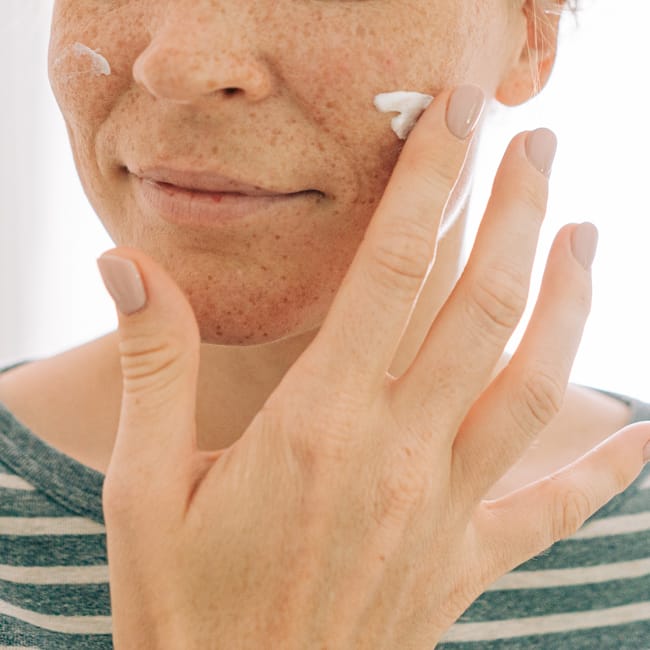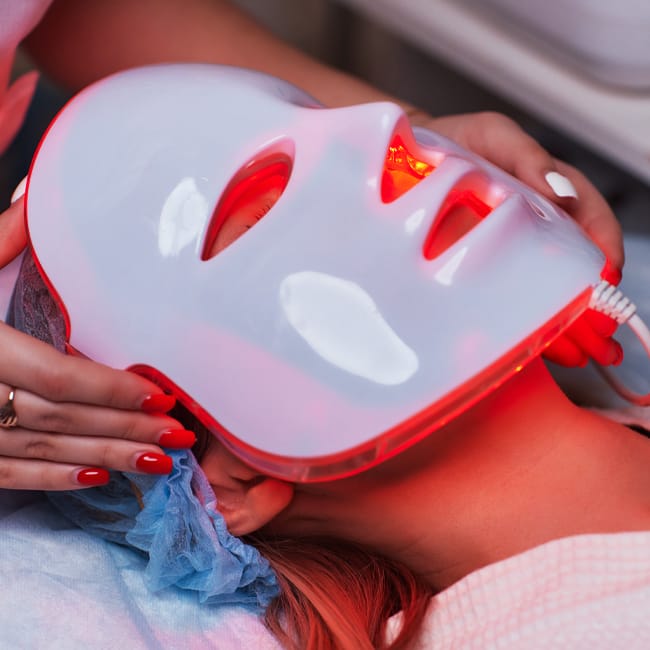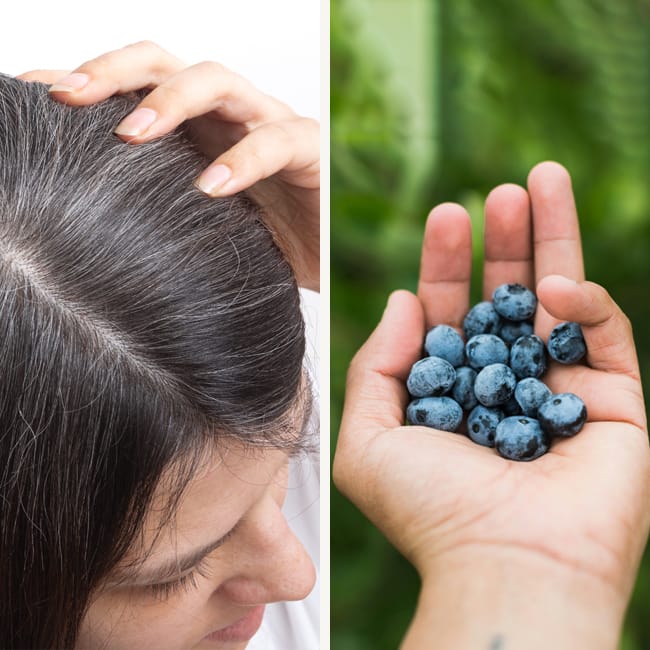This is an archived article and the information in the story may be outdated. Please check the time stamp on the story to see when it was updated last.
Collagen is an essential, naturally occurring protein within the body which is responsible for maintaining elasticity and firmness within the skin, reducing the obvious appearance of age lines and wrinkles. As you grow older, your body begins to produce less collagen which is often why your skin starts to sag as you age.
However, with a combination of skincare ingredients and diet changes, it’s possible to boost collagen production under the skin, firming the complexion and keeping signs of aging at bay. If you’re looking to preemptively improve collagen stores or bolster production as you’ve noticed changes in your skin, there’s one thing across the board that dermatologists agree can make the biggest impact: your diet.


Choosing the right combination of foods can make the largest changes on the surface of your skin, particularly when it comes to collagen production and fighting off signs of aging. While a balanced diet packed with fruits and vegetables is great for weight loss, it can also have a profound effect on your skin as well, and including ample vitamin C rich foods is one of the best places to start. “In general, foods rich in vitamin C such as oranges, red peppers, broccoli, and strawberries can help boost collagen. Vitamin C, along with zinc and copper, are an essential cofactor in collagen synthesis,” explains Dr. Adam Mamelak, MD. Because vitamin C plays a role in this essential process, including more of it in your diet will naturally promote younger looking skin.
However, vitamin C is not the only factor in improving collagen production within your complexion, and amino acids found in certain foods can also help to bolster the strength of your skin. “If you want to avoid meat and animal products, beans are an excellent source of essential amino acids. Lysine for example is one amino acid that the body does not produce and you can only get it through food,” suggests Mamelak. “Lysine can be found in tomatoes, bell peppers, avocados, and beets.”

Outside of your diet, certain non-invasive procedures can also be useful in keeping aging at bay, plumping the skin and re-upping collagen production for younger looking skin. “Microneedling uses a small instrument to cause micro-wounds in the skin which triggers the body’s natural healing systems and ability to repair the skin, pushing collagen to the wounded areas and smoothing out the skin’s appearance,” says Mamelak. “Repeated treatments have a cumulative effect on your collagen network, so the more treatments you have, the better your skin looks.” With these procedures, you may notice a smoother complexion as soon as after one session, with most results occurring after 4-6 weeks.
Taking proper care of your body is essential for looking your best throughout the passing years, and a healthy and balanced diet is therefore one of the most useful ways to promote collagen production and firm and plump your skin. In making sure to fill your body with nutrients such as vitamin C and amino acids, you can rest assured that your skin will reap the benefits, looking smoother and brighter with minimal effort. Growing older is a natural part of life, but that doesn’t necessarily mean it has to show.


























